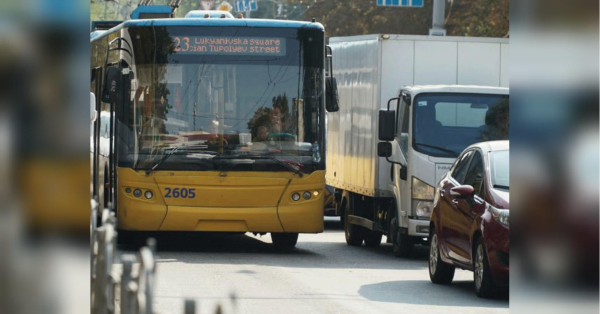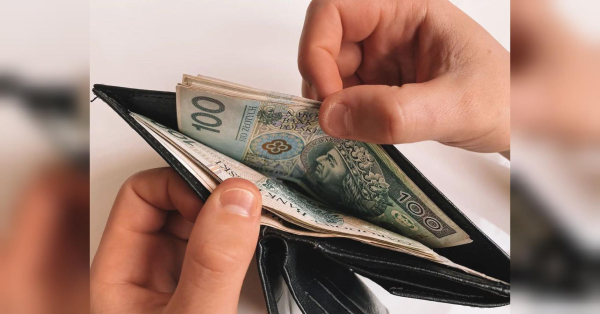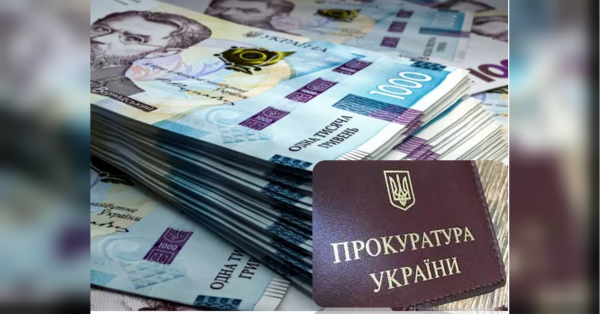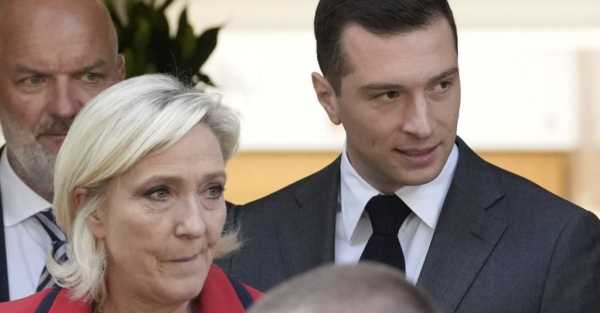
With just three days to go until France’s landmark legislative elections, the country’s far-right leader on Thursday raised the question of who would be in charge of the military if her party takes over the government after the two-round balloting.
The early elections are plunging France into uncharted territory, and political scientists are scrambling to interpret how exactly President Emmanuel Macron and a prime minister who is hostile to most of his policies would share power if Marine Le Pen’s National Rally wins the majority in the National Assembly, France’s lower house of parliament.
Ms Le Pen has repeatedly said that Jordan Bardella, her protegee and her party’s star leader, would lead France’s next government if their increasingly popular party wins.
She suggested in an interview that Mr Bardella, at just 28 and with no governing experience, would also take over at least some decisions on France’s defence and its armed forces. Mr Macron has three years to serve out his final term as president.
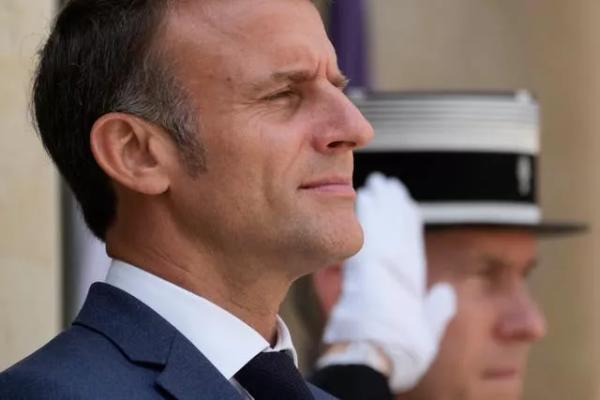
Serving as a commander-in-chief of the armed forces “is an honorary title for the president since it’s the prime minister who actually pulls the strings,” Ms Le Pen said in an interview with Le Telegramme newspaper on Thursday.
The French Constitution states that “the president of the Republic is the head of the armed forces” and also “chairs the councils and higher committees of national defence”. However, the constitution also states that “the prime minister is responsible for national defence”.
Constitutional experts say the exact role of prime minister in foreign policy and defence appears to be subject to interpretation. That is a question with potentially global fallout: France has nuclear weapons and its troops and military personnel have been deployed in many conflict zones around the world.
The last time France had a prime minister and a president from different parties, they broadly agreed on strategic matters of defence and foreign policy.
But this time the power-sharing concept known in France as “cohabitation” could be very different, given the animosity between far-right and the far-left politicians. Both blocs appear to deeply resent the business-friendly, centrist president.
On the issue of the country’s military command, political historian Jean Garrigues said that “the president is the head of the armed forces, (but) it’s the prime minister who has the armed forces at his disposal”.
In practice, he said this means that “if the president decided to send troops on the ground to Ukraine … the prime minister would be able to block this decision”.
In March, Mr Macron warned Western powers against showing any signs of weakness to Russia and said Ukraine’s allies should not rule out sending Western troops into Ukraine to help the country against Russia’s aggression.
Ms Le Pen is confident that her party, which has a history of ties to Russia, will be able to translate its triumph at the elections for the European Parliament earlier this month into a victory in France.
Left-wing groups and antiracism and feminist activists rallied in Paris on Thursday to urge voters to keep the anti-immigration Nationally Rally from coming out on top.
The first round will take place on Sunday. The decisive second round is scheduled a week later, on July 7. The outcome remains uncertain because of a complex voting system and potential alliances.
Ms Le Pen said Mr Bardella, if named prime minister, would aim to be firm but not hostile to the serving president.
“Jordan has no intention of picking a fight with (Macron), but he has set red lines,” Ms Le Pen said. She added: “On Ukraine, the president will not be able to send troops.”
Ms Le Pen’s argument that France’s highest office is essentially ceremonial puzzled some French observers, given her own presidential ambitions.
“If she’s trying to achieve the presidency, it sort of doesn’t make very much sense for her to appear to be wanting to cut down the president to a much smaller size in the field of defence,” said François Heisbourg, an analyst on defence and security questions at the International Institute for Strategic Studies.
“And I think many French people will have great trouble understanding why she appears to want to unravel the institutions,” he said.
During a debate broadcasted on national TV on Thursday evening, Mr Bardella was asked to explain Ms Le Pen’s statement.
“Constitution, all the constitution and nothing but the constitution,” Mr Bardella said. “The president is the head of the armed forces, but it is the prime minister who determines, for example, the budget of these armed forces.”
When pressed for more details about the exact responsibilities of the French president on military issues, Mr Bardella sought to change the topic, reiterating instead his position on the Russian war in Ukraine.
Sourse: breakingnews.ie
